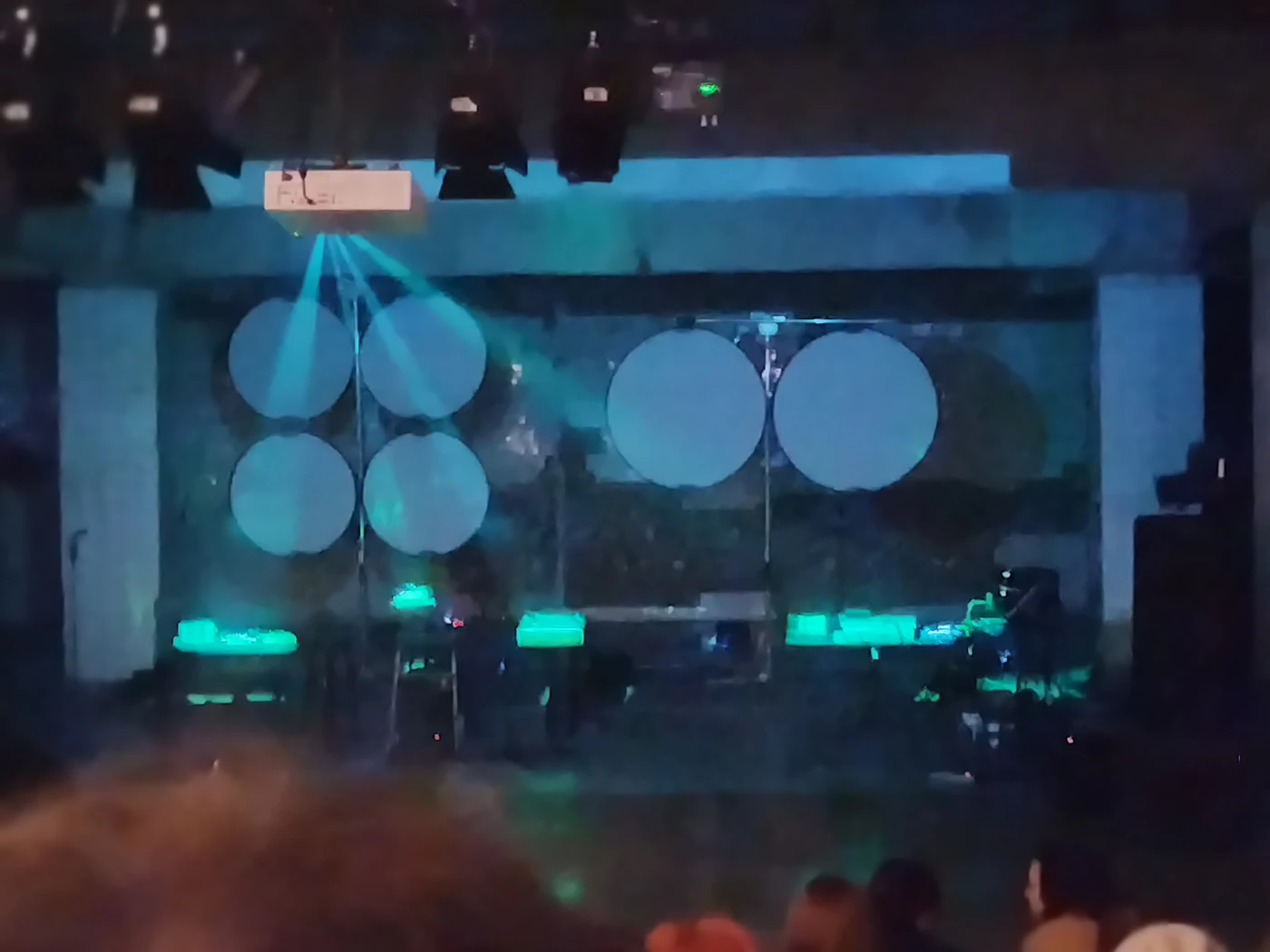Collective Study Visit and Content Debate Assembly
3-7 November 2025tranzit.ro/ Iași
During a five-day gathering in Iași and Chișinău, representatives of the 8 partner organizations of Institution(ing)s - Universidade Católica Portuguesa, CAM - Centro de Arte Moderna Gulbenkian, Jan van Eyck Academie, MOCA NGO, Museum of Impossible Forms, Tensta konsthall, The Listening Biennial | Errant Bodies, tranzit.ro/ Iași - together with invited participants will question what cultural institutions are and how are these (re)created within the current international relations—caught between neoliberal economics, globalizing forces, nationalist resurgence, and protectionist impulses?
This gathering will include an extensive programme with different activities, including an economy lab, a nomadic school, and a public presentation of the project in Chișinău, Republic of Moldova.
List of participants
Ana Fabíola Maurício (UCP, Lisbon), Maria Duarte (UCP, Lisbon), Yuliia Hnat (MOCA NGO, Kiew), Cecilia Widenheim (Tensta konsthall, Stockholm), Alba Lindblad (Tensta konsthall, Stockholm), Hicham Khalidi (JvE, Maastricht), Livia Pancu & Florin Bobu (tranzit.ro/ Iași), Pavel Brăila (Chișinău), Tereza Stejskalová (tranzit.cz, Prague), Georg Schöllhammer (tranzit.at, Vienna), Dóra Hegyi (tranzit.hu, Budapest), Marius Alexandru Dan (Iași), Theo Prodromidis (Athens), Mick Wilson (HDK-Valand/CAPIm, Gothenburg), Ioana Florea (Bucharest), Nora Dorogan & Nicoleta Esinencu (Teatru Spălătorie, Chișinău), Cătălin Gheorghe (UNAGE/ Vector, Iași), Vladimir Us (Oberliht Association, Chișinău), Rusanda Curcă & Elena Russu (Coalition of Independent Cultural Spaces, Chișinău), Maxim Polyakov (3rd Space, Chișinău).

Stage design for Teatru-spălătorie (Laundry-theater)'s play Memorie Distorsionată (Distorted Memory), October 2025, Chișinău, Republic of Moldova. Photo by Florin Bobu.
The detailed programme is available here.
Institution(ing)s is a medium-scale collaboration project co-funded by the European Union. Views and opinions expressed are however those of the author(s) only and do not necessarily reflect those of the European Union or the European Education and Culture Executive Agency (EACEA). Neither the European Union nor EACEA can be held responsible for them.